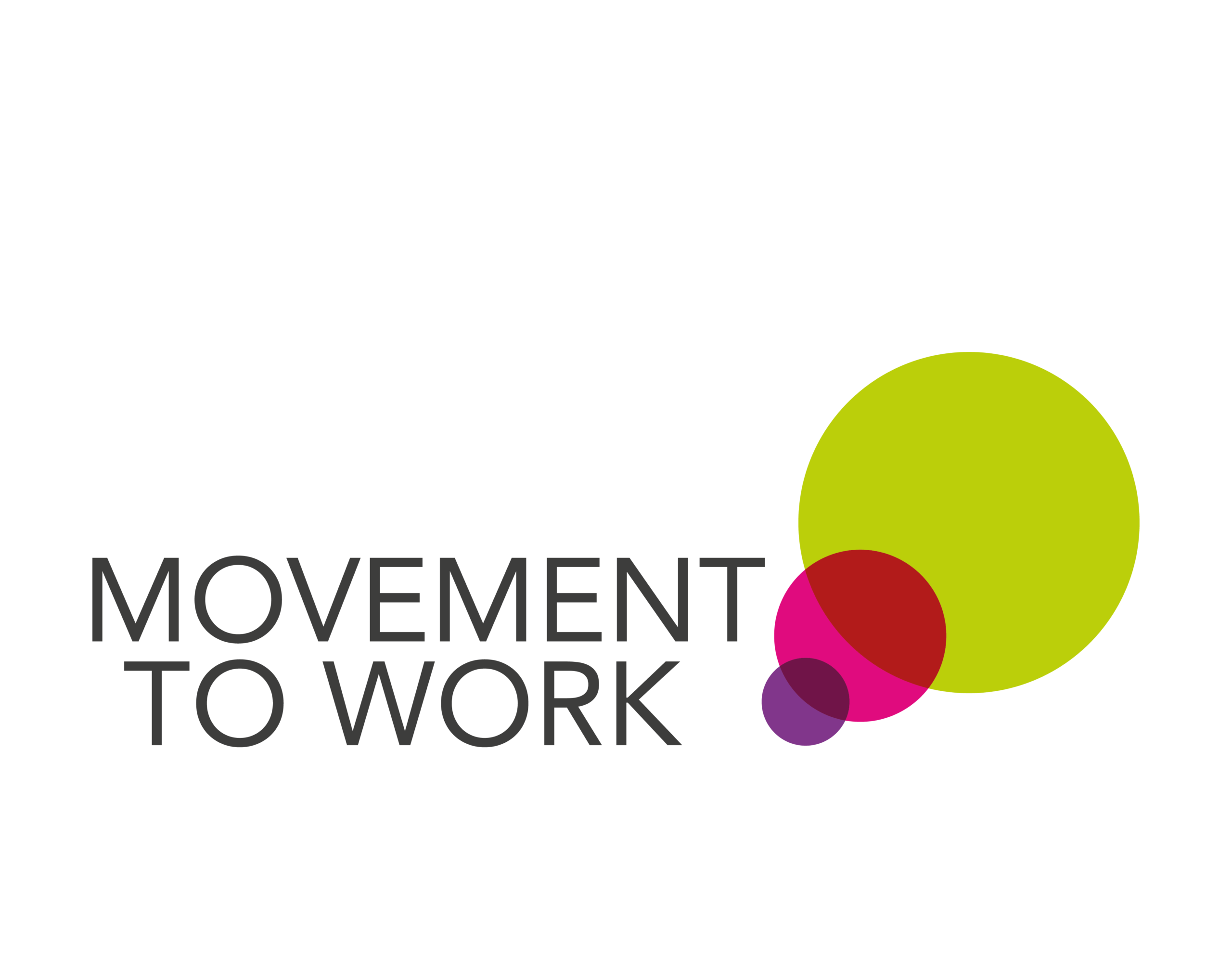Job hunting is stressful at the best of times, so it’s understandable that those looking for work in the post-Covid era are finding it especially challenging. There’s no way around it: the world of work has changed drastically in the last 18 months or so, the recruitment side of things included. Businesses are no longer hiring new employees in quite the same way as they did before the pandemic, and job-hunters would be wise to adapt accordingly.
Here are a few things to be aware of from our Guest Blogger Charlotte Murphy…
Be prepared to do more than just an interview
The good news is that companies today are more aware than ever before of the effects of unconscious bias in the hiring process. According to experts at Arctic Shores, bias is an “unfair prejudice against, or in favour of, a certain person or group. Biases can be held by an individual, group, or even an entire organisation, and can be based on race, gender, ethnicity, religion, socio-economic status, political views… pretty much anything, to be honest.”
While there are now ways to make sure that hiring bias is being mitigated, the bad news is that this may mean having to jump through a few extra hoops before getting hired. It may seem annoying to know that your CV is not being read by a human being, but there’s a reason for this: by using certain software, companies can remove bias and evaluate applicants on their virtues alone.
Be prepared to be asked to attend several meetups with different people, perform skills tests or psychometric questionnaires and assessments, and more formalized interview processes. Though tedious, these do allow businesses to be more fair and inclusive in the long run.
Get comfortable with being online
Companies were forced to move a lot of their face-to-face recruitment processes online during the pandemic, but there’s no rush to let go of these now that restrictions are lifting. In fact, job seekers in 2021 can expect to conduct almost all of their job search online. Expect virtual “job fair” events, networking meetings, and video interviews with staff who may well be based in a completely different country.
When engaging potential employers online, the rules are not all that different – you will still need to pay attention to your mannerisms, clothing, and the way you present yourself. But today you will also need to take some time to familiarize yourself with multiple chat and messaging platforms, and get comfortable with promoting yourself digitally, whether that’s during a one-to-one Zoom interview or via social media. Most companies recruit directly on platforms like Facebook, LinkedIn and even Instagram, so a good strategy may be to work on your presence here and stay alert to recruitment calls through these channels.
Even if you’re very familiar with social media, it can take a mindset shift to use it effectively for job hunting. Share an online CV and proactively engage others in relevant industry discussions. Join groups to stay abreast of news and developments in your chosen niche, and, if possible, seek out mentors or influential connectors who can alert you to promising openings, or give you useful advice.
Be realistic about your options
It’s fair to say that the virus has wreaked havoc on many people’s employment prospects, with younger people being disproportionately affected. Graduates are now advised to seek work in industries that are thriving, such as food services, health, IT and communication, or at least find ways to carefully match their own goals and aptitudes with what is most in-demand in the country as we emerge fully from lockdown.
It may make more sense to delay looking for a job until you’re in a better position and make good use of initiatives and schemes aimed at getting younger people into jobs they love. On your job search, consider whether apprenticeships, internships and other programs may help you bridge the gap, earning you some experience that will make you more attractive in a competitive marketplace.
There is, fortunately, a lot of good help and support out there for young people looking to better their lives – but there may be a few intermediate steps on the way to reaching your dream job. Being realistic and honest about where you’re starting from allows you to make a practical plan going forward, including drawing on all the available resources you can.
Being unemployed and searching for work in 2021 is undoubtedly a stressful task, but there are opportunities if you’re willing to do your homework and be flexible in how you’re going to take advantage of the avenues open to you.

Charlotte Murphy is a freelance writer focusing on the world of employment. She’s particularly interested in how the pandemic has impacted employment in the UK. When she isn’t writing, Charlotte can be found walking her dog Ringo, enjoying a chai latte, and painting pictures of wildlife.
